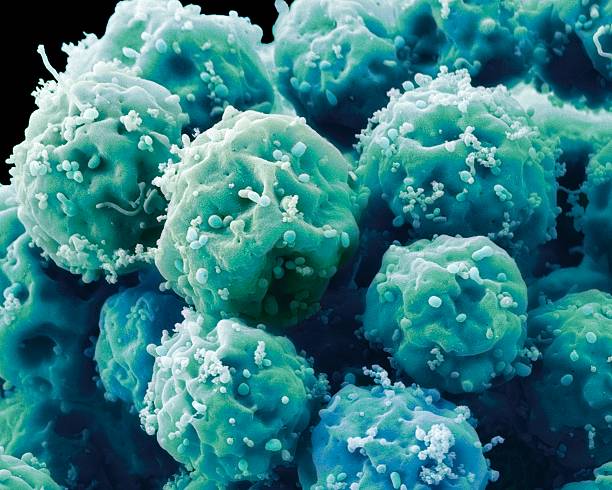Biological development refers to the process through which an organism grows and matures physically. In the context of humans, it involves the changes in the body’s structure, function, and behavior as it progresses from infancy to adulthood. It is a complex and highly regulated process, influenced by genetics, environment, nutrition, and various hormonal signals.
Key Aspects of Biological Development:
1. Prenatal Development:
- Germinal Stage: The period from conception to implantation in the uterus.
- Embryonic Stage: The stage from implantation to about 8 weeks, during which major organs and systems develop.
- Fetal Stage: From 8 weeks until birth, characterized by the growth and refinement of organs and tissues.
2. Infancy and Early Childhood:
- Physical Growth: Rapid increase in height, weight, and head circumference.
- Motor Development: Progression from basic reflex movements to more complex motor skills like crawling and walking.
- Sensory Development: Improvement in vision, hearing, taste, smell, and touch.
3. Puberty and Adolescence:
- Sexual Maturation: Development of primary and secondary sexual characteristics.
- Cognitive Development: Continued refinement of cognitive abilities and abstract thinking.
- Emotional Changes: Heightened emotional sensitivity and social awareness.
4. Adulthood:
- Physical Changes: Gradual decline in muscle mass and bone density, changes in skin elasticity, and other aging-related changes.
- Cognitive Changes: Variable changes in memory, processing speed, and other cognitive functions.
- Emotional and Social Development: Changes in relationships, roles, and priorities.
5. Aging:
- Senescence: Gradual decline in biological functions, leading to increased vulnerability to diseases and death.
- Cognitive Decline: Some decline in memory, processing speed, and other cognitive abilities.
- Socioemotional Changes: Shifts in social networks, coping mechanisms, and emotional regulation.
Factors Influencing Biological Development:
- Genetics: Inherited genes play a significant role in determining growth patterns, susceptibility to diseases, and overall health.
- Nutrition: Proper nutrition is essential for the development of organs, tissues, and overall health.
- Hormonal Signals: Hormones regulate various biological processes, including growth, metabolism, and sexual development.
- Environment: Exposure to toxins, stress, and other environmental factors can influence biological development.
Understanding biological development is crucial in fields such as medicine, genetics, and evolutionary biology. Researchers study the intricate processes of biological development to gain insights into diseases, aging, and ways to promote healthy development across the lifespan.
